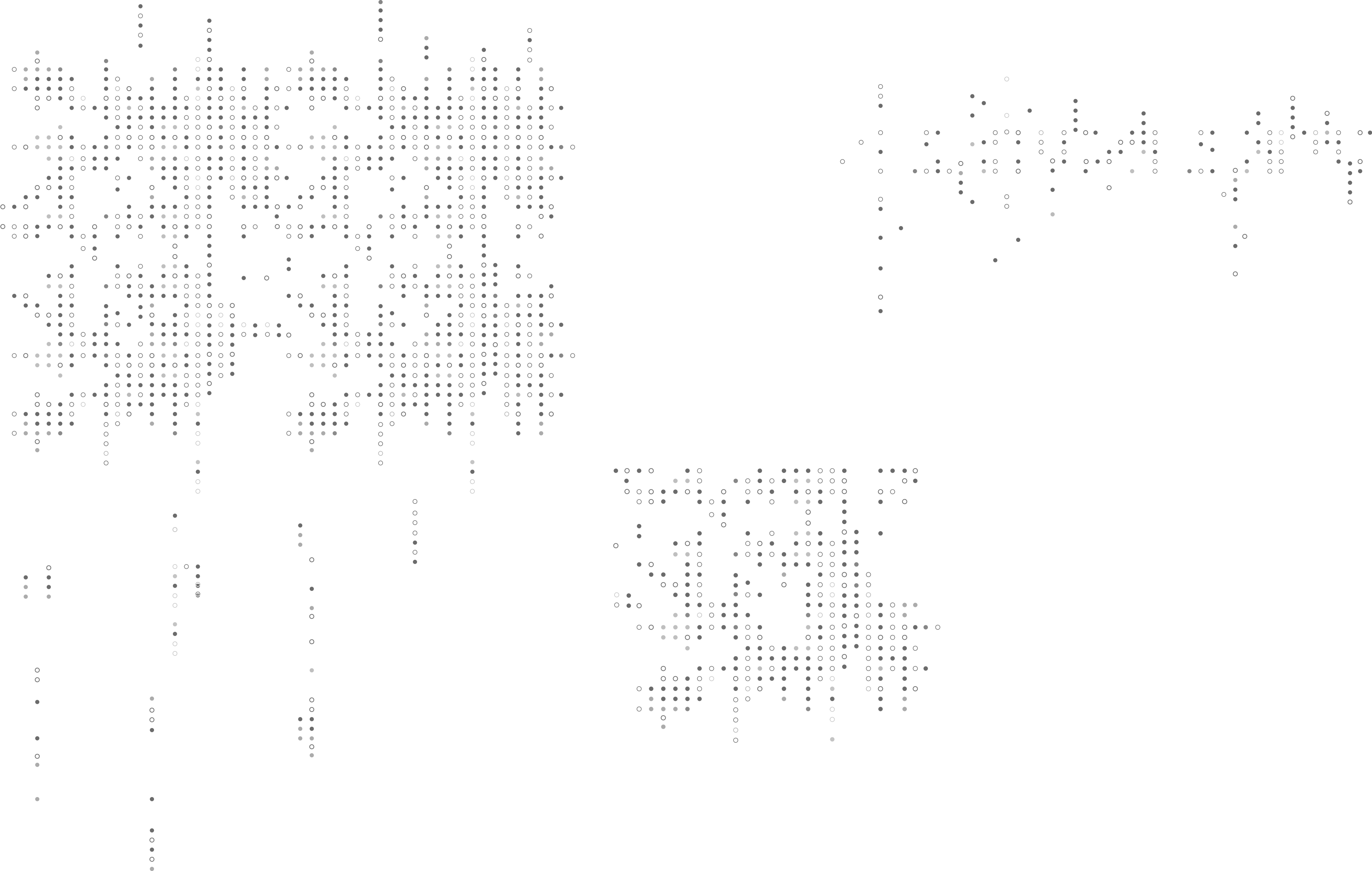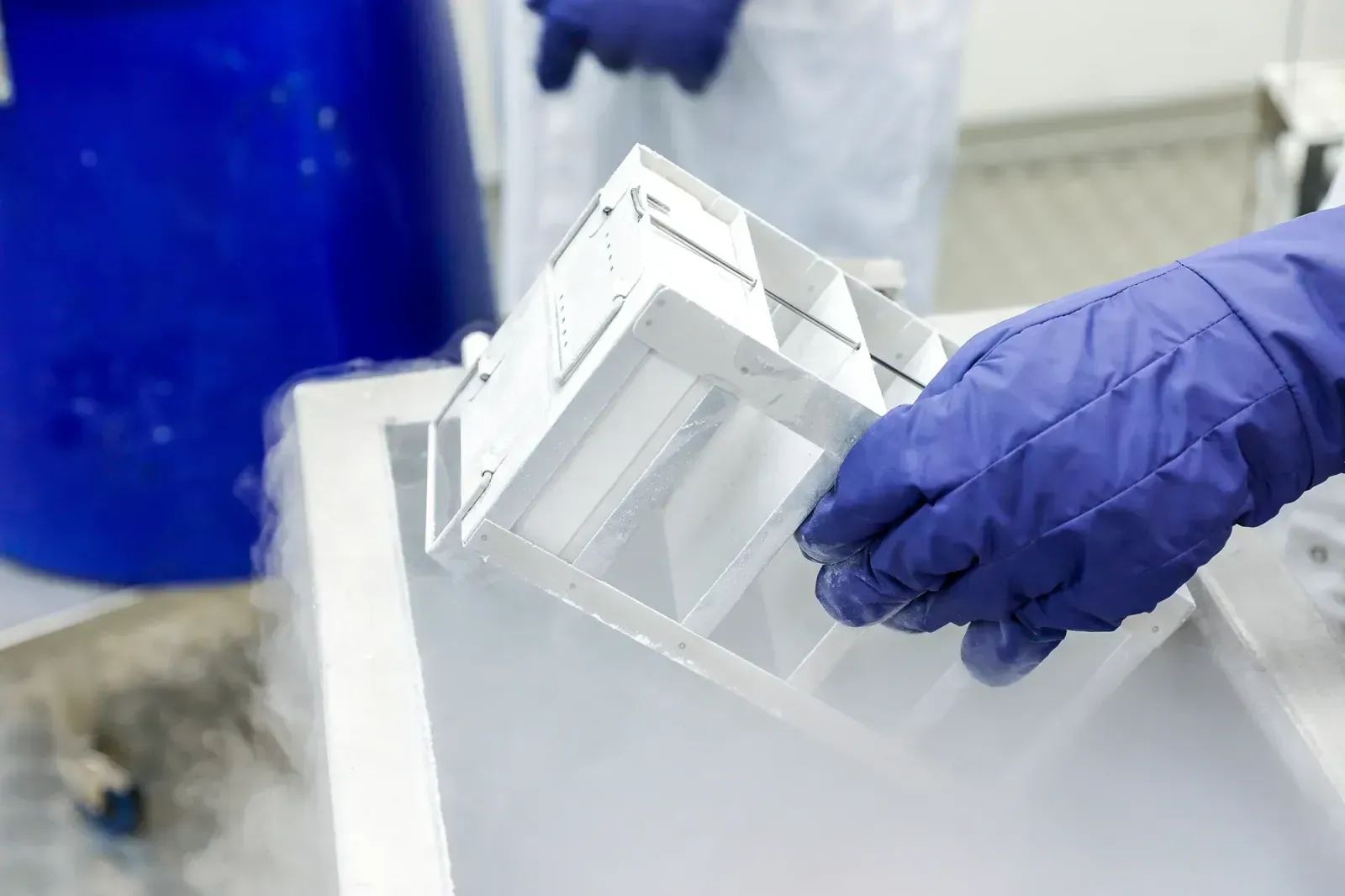-75°C Ultra-Low Freezer


OverShield by Predictive Monitor protects life sciences companies’ high-value products and refrigeration systems through the power of predictive AI technology and Predictive Monitor’s expert insights. OverShield is a predictive maintenance software service that uses IoT sensor technology and Machine Learning assisted data analysis to prevent equipment problems by identifying the early signs of malfunction.
Early detection resolves issues without the stress and panic of chamber failure, as in the case of a biotech company storing biological samples in a -75°C walk-in ultra-low freezer. If the freezer does not maintain the required temperature, the samples will no longer be viable, impacting patients' quality of life.
See OverShield in Action
Like many biotech companies, the company in this case study implements calendar-based preventive maintenance with their facilities groups. The company also has a traditional monitoring system that alerts the operations team to chamber temperature excursions. These alerts force the operations team to respond regardless of the time of day so they can address the issue and ensure the samples aren’t compromised. The company is trying to minimize chamber downtime through two unrelated processes managed by two different teams.
Despite their measures to minimize chamber downtime, this company struggled with operating efficiently. They were still challenged by malfunctions that couldn’t be detected until chamber failure is wreaking havoc. The team was in need of the power of OverShield, which would maximize uptime and provide early warnings of malfunctions.
This case study reviews a chamber situation that could have gone drastically wrong for this company. The liquid line solenoid valve in the low-stage compressor system stopped operating, causing the redundant system to kick in and compensate for the malfunction. Facilities staff was unaware of the issue because the chamber temperature remained in specifications.
If this valve malfunction continued undetected, the chamber would have been at risk of total failure.
In a best-case scenario, the malfunctioning system would have failed due to increased wear, but the redundant compressor system would have activated and kept the chamber in specifications. The failed system would have required significant maintenance costing $10,000 for parts and labor. In addition, the company would have incurred more costs by reacting to unscheduled downtime and a lengthy investigation into the failure.
In a worst-case scenario, the redundant compressor would have failed to keep the chamber within temperature specifications after the primary compressor went down. The product stored in the chamber would have been lost, costing $80 million. In addition, the company would have endured reputational damage, and patients would have been at risk of a life-or-death situation without their medicine.
Outcomes
Neither situation came to fruition because OverShield protected the chamber. OverShield’s AI technology trends chamber performance, detects anomalies, and provides expert, prescriptive recommendations so maintenance staff can prevent failures by performing condition-based maintenance. The failure was due to simple wear-and-tear which would not have been caught in traditional approaches to chamber protection.
The OverShield chart shows that the -75°C low-stage liquid line valve stopped operating mid-day on February 22. The valve’s temperature started returning to ambient, yet the rest of the refrigeration system was still running normally at -75°C. This malfunction significantly increased wear-and-tear on the high-stage system since it had to compensate for the loss of the failed system. The entire chamber was at risk because this malfunctioning state was forcing the chamber to rely entirely upon redundancy without notification of the failure of the other system. The one functioning refrigeration system may have been unable to maintain the chamber's -75°C temperature during periods of increased heat load or other malfunctions. Any additional problem could have caused total chamber failure.
With OverShield's predictive power, the maintenance team was able to simply replace the valve on their schedule, before the situation worsened. The chamber never failed, and the samples were never in danger.

In this situation, the cost was $200 for a replacement valve, which takes 60 minutes to install.
Without OverShield, the consequences and costs could have been extensive.
- $10,000 — parts and labor for significant maintenance
- $20,000 — cost of refrigerant replacement
- $2,800 — mandatory CAPA documentation
- $8,000 — chamber revalidation
- $80,000,000 — product loss
If these irreplaceable samples had been lost, patients might not have received the care they needed to survive. Life sciences companies with refrigeration systems storing high-value contents, like this one, can't afford to lose their products. Therefore, they can't afford to operate without predictive technology like OverShield.

Conclusion
OverShield empowers facilities staff to get ahead of issues and avoid the stress of chamber failure. This new technology is a game-changer for several reasons:
- Confidence and security: OverShield provides confidence in knowing that priceless assets are protected.
- Operational efficiency: Moving from schedule-driven preventive maintenance to condition-based predictive maintenance provides cost savings and allows facilities teams to operate more efficiently.
- Maximized equipment uptime: With OverShield, maintenance staff spend less time fixing failed equipment and more time on their day-to-day jobs, increasing existing bandwidth at a time when the life-sciences sector is experiencing unprecedented growth.
Predictive technology is where GMP maintenance programs are headed, and Predictive Monitor LLC is leading the charge. With OverShield, chamber failures are avoidable because they are predictable.
Predictive Monitor’s mission is to develop innovative technology that improves patient lives by protecting life-saving products.
Company names have been non-disclosed for privacy.





%20(1).jpeg)
.jpeg)












